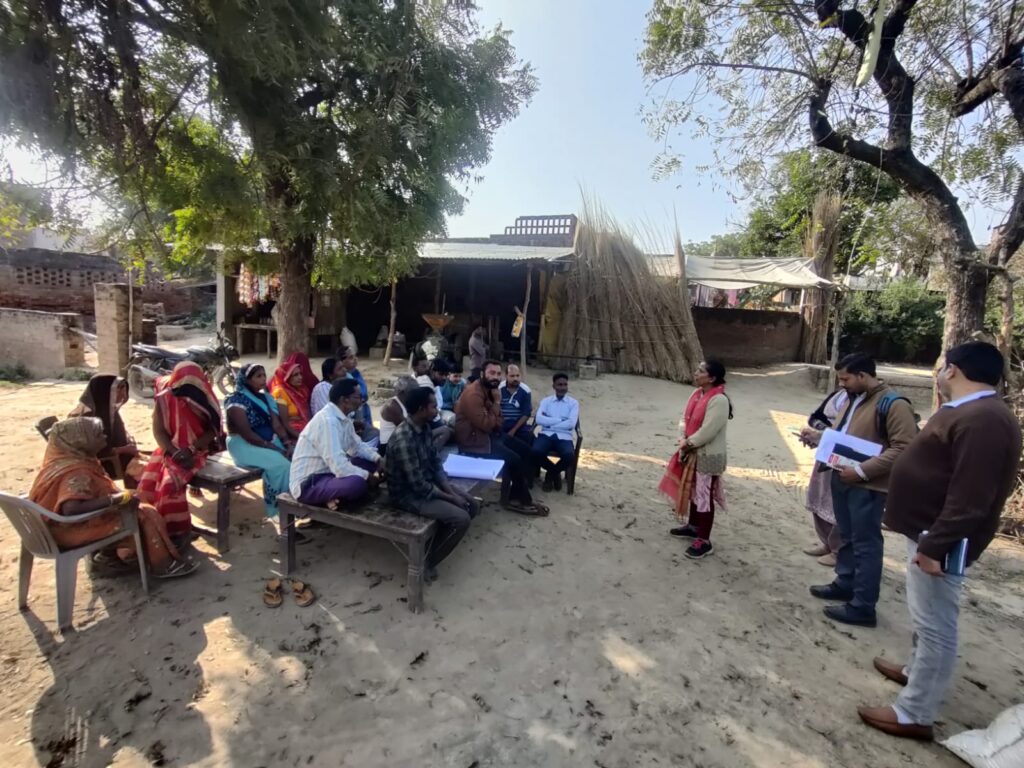Rural Tourism

Rural tourism plays a vital role in community development, fostering economic growth and supporting local businesses. It creates job opportunities while preserving agricultural traditions and enriching rural livelihoods. Agritourism, a subset of rural tourism, offers immersive experiences that connect visitors with farming practices, allowing them to appreciate the essence of rural life. It also provides educational opportunities, encouraging an understanding of sustainable agriculture and the importance of preserving farmland.
By leveraging India’s rich rural heritage, agritourism promotes indigenous jobs and strengthens local economies. It enables states to build corporate ventures that benefit both farmers and surrounding communities. Additionally, it fosters cultural exchange, allowing travelers to engage with rural traditions, arts, and crafts while contributing to economic sustainability.
Beyond economic advantages, rural tourism raises awareness of biodiversity and environmental conservation. It cultivates consciousness among both locals and visitors, promoting responsible tourism that protects natural habitats and indigenous species. Preserving local culture, heritage, and ecological balance is at the core of rural tourism initiatives, ensuring future generations can continue to experience and celebrate India’s diverse landscapes and traditions. Through thoughtful planning and collective efforts, rural tourism can become a powerful force for sustainable development and cultural preservation.
NPSS, in collaboration with the Tourism Ministry, is actively fostering rural tourism across villages like Kathwada (Lucknow), Dashari, Saspan, Sandi (Hardoi), Ruiya Garhi (Hardoi), Chandan Chowki (Lakhimpur), Lalpur Khas (Rai Bareli), and Gaura Khaspari. By promoting agritourism, NPSS empowers local farmers, preserves cultural heritage, and strengthens rural livelihoods.
For more updates on NPSS’s rural tourism initiatives in these villages, follow their social media handles, where they share stories, events, and progress in preserving cultural heritage and empowering local communities. Stay connected and experience the vibrant essence of rural India!
